Mochammad Santaka has been active in the Indonesian gaming industry since 2008. They started out as a journalist, doing both print and web media back in the early 2000s and also established the Video Games Indonesia website (defunct in 2016). Santaka is now the current manager of Gamevil‘s Indonesian office, and leads Dragon Blaze in South East Asia. They shed some light on what an Indonesian gamer is like, as well as on peculiarities of management.
The Indonesian Gamevil office has seven people focusing on localization & QA, customer service, community management, PR and marketing for the local market. “It was happenstance that Gamevil required some support in the Southeast Asia countries and the company that I worked for was picked to support them at a very low-level operational work then,” described Santaka. “Less than a year later Gamevil finally decided that it was a good investment to have their own organization in Southeast Asia.”
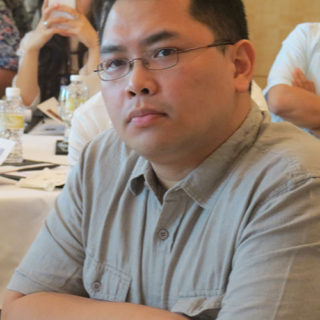
Santaka notes that compared to their previous jobs, this new one allows them to travel and meet people both within and without the mobile games industry. “It definitely broadens my perspective when it comes to gaming in general and it has been a very valuable experience for me; professionally and personally,” they said.
Growing up an Indonesian Geek
Santaka says that, growing up, they had an interest in “geek stuff” and realized in college they wanted to be part of the gaming industry. Back then, the games industry in Indonesia was very nascent, so instead of pursuing development work, they wrote for gaming sites from the late ’90s to the mid 2000s. After they had tested the waters in other fields, a mobile content company contacted Santaka in 2008 and that was their in for the industry.

Santaka describes. “Starting small then watching the organization grow is still one of the best parts of it. All the traveling and meeting new people is definitely a big bonus for me.”

Now that they’re in this position to change things, Santaka wants to bring the light of video games to all corners of Indonesia. “I really believe that video games make humanity better by providing it with entertainment and a medium to express themselves,” they said. “My main focus locally is to get this medium generally accepted by the population, like in advanced countries.”
Indonesia has its own practices that are unique to its business culture and different from other countries. Santaka’s knowledge of Indonesian business gives them an advantage when having to deal with certain issues and communicating with foreign colleagues.
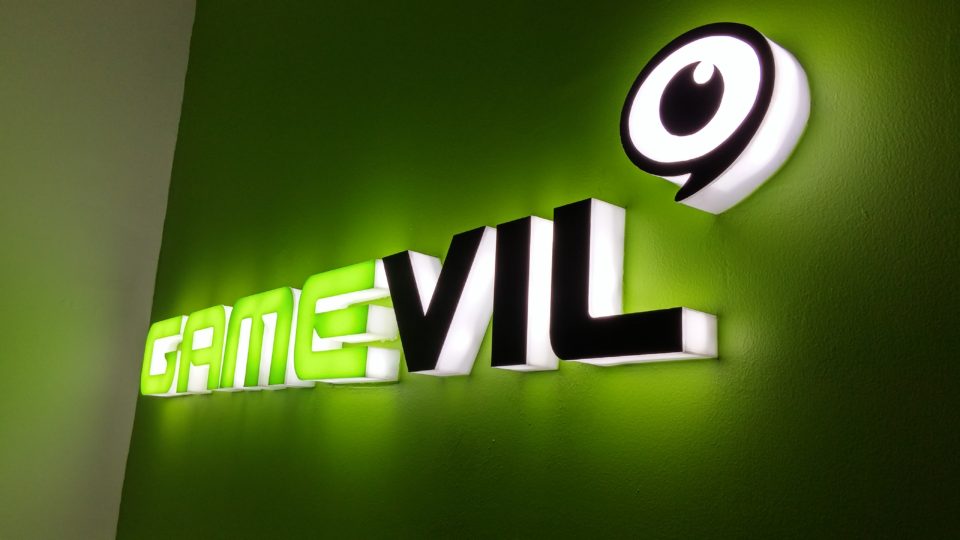
“A common example, one of my favorites, is when I had to explain it to my boss (this is way before Gamevil) that Indonesia uses dots (.) and not commas (,) to separate nominals. Also Indonesia uses commas to separate fractions (like $ 5,20 and not $ 5.20),” describes Santaka. “So for a week or two, my boss thought our new local accountant was a blithering idiot. That is just one minor thing from my experience and there were many issues that took me days (even months) to communicate and resolve.”
Besides elements unique to Indonesian culture, there’s also a difference in day-to-day activities that can impact both sides. “Reaching a middle ground is definitely a tough thing, especially when there are certain things that are non-negotiable (often by law) in certain countries. So in the end it’s all about communication and finding an amicable solution for all the parties,” Santaka notes.
When asked about the most painful experience that they’ve had, Santaka responded. “Bureaucracy and taxes. Especially in Indonesia where it can be quite nebulous if you don’t talk to the right people. It is something that you learn continuously, since laws can change almost every quarter. When it comes to this, patience and finding the right people to hire does help.”

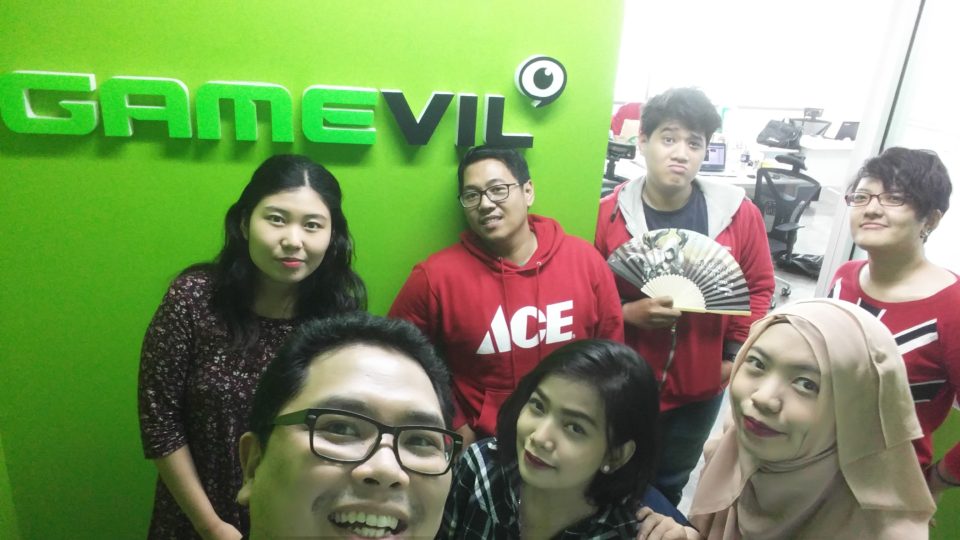
The Particulars of Indonesian Game Releases
Bringing a game to Indonesia must involve finding a title that corresponds to the local tastes. While good gameplay is always important, accounting for low-quality internet and low-end handsets is a major plus. Having a brand recognizable to Indonesians is also a big advantage.
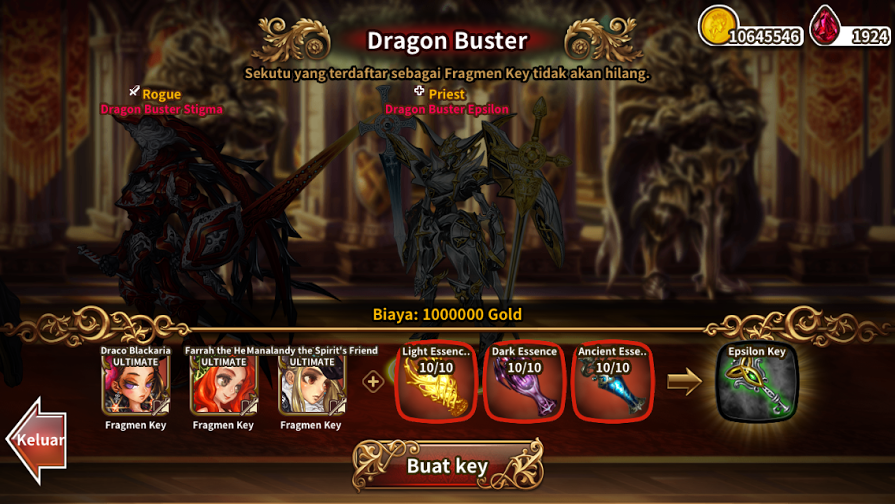
Social media are heavily important for getting the word out about a game, as well as paid marketing - they go along in every campaign. Santaka notes that the “you know half of your marketing is effective but you don’t know which half it is” is as true in Indonesia as anywhere else.
As a gamer, Santaka plays their company’s games Dragon Blaze and Kritika, though they certainly don’t limit themselves to that. “For non-mobile games I’m currently a proud member of the PC master race and this is where I usually game (currently CS:GO and Overwatch mostly). I do to try find time and play the triple A’s like The Division (it’s OK),” says Santaka. “I’m more focused on action games, though I do find myself spending time on RPGs like The Witcher 3 (oh so good!) and Japanese RPGs. For me Metal Gear Solid V was hands down the best game of 2015.”
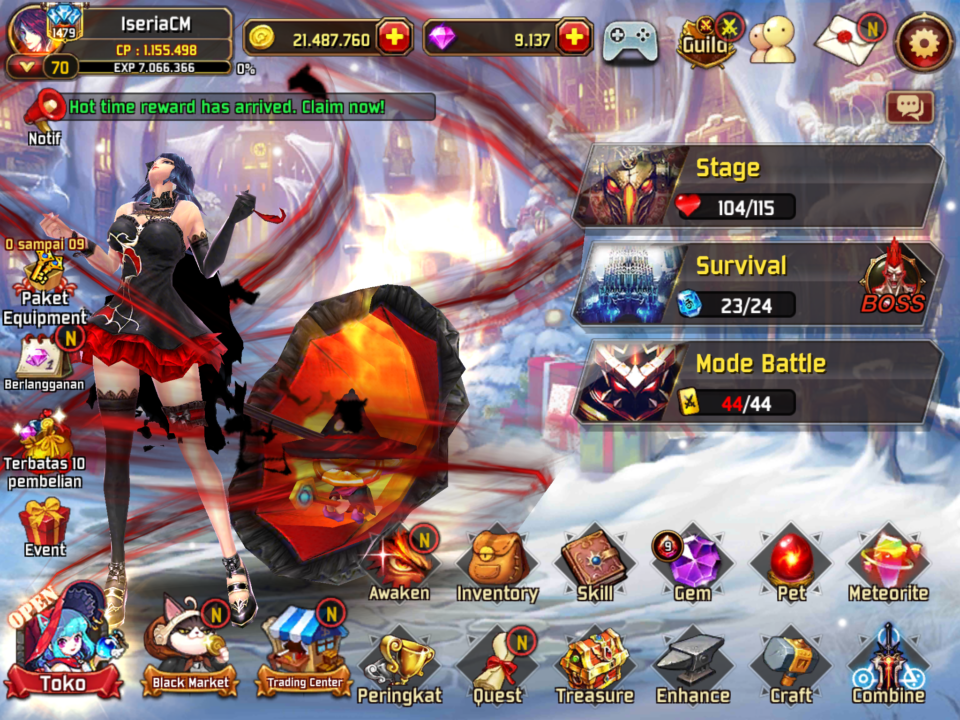
Challenges of Management
Santaka tries to be kind with their team members, though they note they “may be coddling them too much.” Still, they say they have a line that they want other other team members to take notice of and not cross.
When problems come up in the company, Santaka notes that it is their duty to find fair solutions. “Some complications are clear cut with obvious answers. There are times, though, when a problem can not be solved with all parties being happy or accepting of the outcome. Especially problems that conflict with personal interest of the team member(s) or their sensibilities. This is when you have to pick the best out of the worse outcomes,” they said, before adding: “It rarely ends well.”
Testing the Market
Testing is important for getting an effective view of how a game will perform in different markets. Santaka even recognizes that the performance of games differed based upon the quality of internet in different countries.
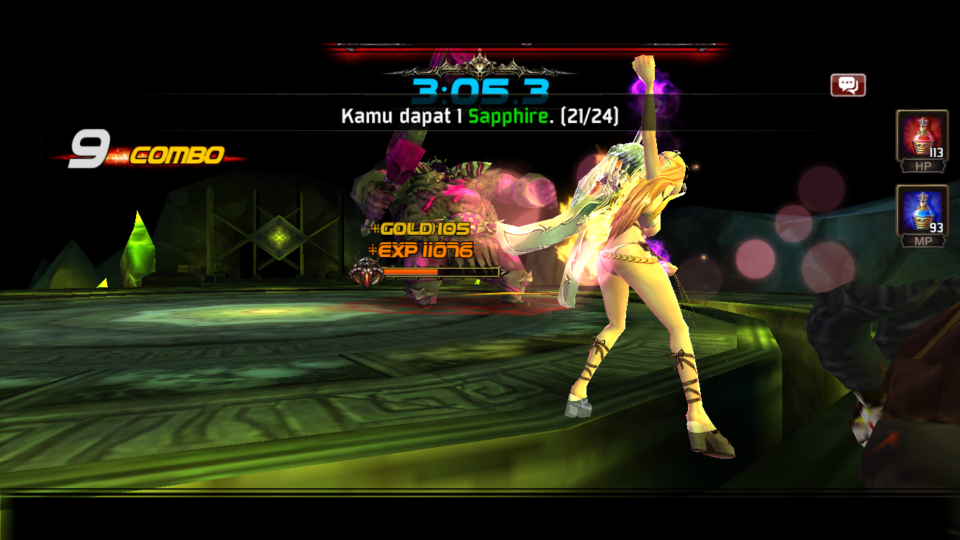
“We usually get pre-beta builds where we can have a general view of how the game will be when it is released,” Santaka noted. “This is very effective because we can judge pretty well how the game will do in the local market. It’s not an exact science, but from experience we can get a pretty good guess on how the game performs most of the time. Our resources are limited so we can know far ahead how much we can invest in the game for certain markets.”
Independence, Initiative and Communication
When it comes to new team members, Santaka considers an independent spirit the most important thing. They look to channel these workers’ priorities in the right direction to achieve their full potential. Personal initiative and communication skills are seen as the top attributes.
Finding the right type of character is difficult, according to Santaka. They say people have to take a certain pride in their work in order to be productive, though Santaka notes that the way they are managed also makes a difference. “Did I provide all the tools that he/she needed?” Santaka said. “Did I provide a good environment for that person to work in? Did I provide the best task that uses his/her potential to the fullest? Did I push the person to his/her full potential? Did I compensate them enough? Did I reward him enough on his/her achievements? Etc, etc etc.”

Comments









